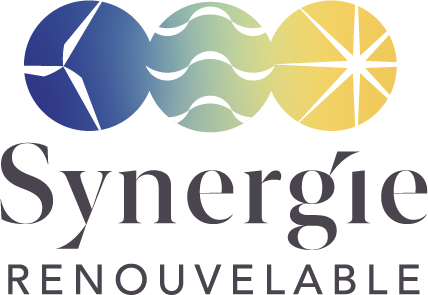Cameroon - Collection and recycling of solar systems outside of defective networks (complete treatment, reconditioning…)





- Selected project
- In progress
- Realized
Presentation of the association and the context
Solidarité Technologique (ST)
Solidarité Technologique (ST) is a French organisation created in 2001 and authorized to operate in Cameroon by ministerial order in 2004. Based in Yaoundé, it works towards sustainable technological development and professional computer science training for disadvantaged youth. More specifically, ST have two activities: waste electrical and electronic equipment (WEEE) reprocessing; and a training activity.
The context of the project
Since 2013, ST’s recycling centre is the first structure approved for the reprocessing waste in Cameroon through economic, ecological and social recycling solutions. In addition, advocacy and awareness-raising activities on the theme of WEEE recycling are carried out.
ST has joined a consortium of NGOs to integrate this initiative into a larger program: WEECAM.
Presentation of the project
The energy problem
The objective is to build a comprehensive and sustainable collection and treatment system for a wide range of off-grid solar systems that are faulty or at end-of-life. This pilot project will be carried out in partnership with upOwa, a local company distributing solar products from 6 to 35W that want to maximize its environmental impact. The targeted kits include a solar panel, a battery, LED lamps, radio, TV, mobile phone charging cables, the components of which can all be recycled.The results of the project should demonstrate a potential business model with high collection rates and optimised waste reuse.
The adopted solutions
The project will be carried out in three phases: The first study consists of collecting and comparing information on the most effective means of achieving the objectives. This will be a 4-month methodical analysis phase to identify the best solutions for sustainability, scale and replication and to set up specific procedures.
The second phase will consist of launching a small-scale testing activity which will compare the results of the first study phase.
Finally, a third phase of scaling up by launching a collection and treatment scheme for a large number of users of solar products. The objective is to treat 6000 devices per year by the end of the project (24 months), i.e. about 25 tons of devices collected and treated.
The project will rely on the selling force of upOwa’s 120 agents in the region who will benefit from repair/renovation/recycling training.
